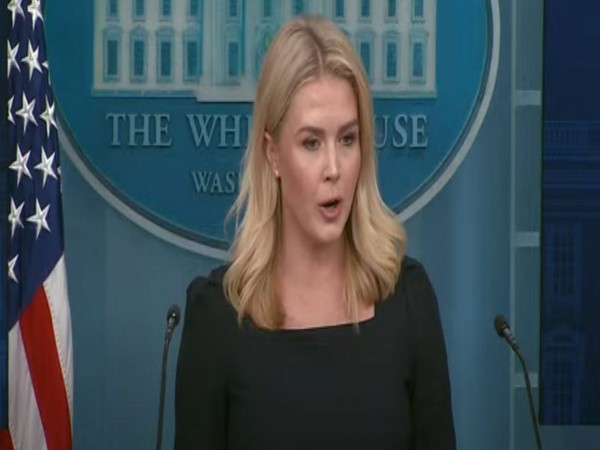"Even worse than NPS": AAP MP Sanjay Singh criticises centre's Unified Pension Scheme
Aug 25, 2024

New Delhi [India], August 25 : Reacting on the Unified Pension Scheme (UPS), Aam Aadmi Party (AAP) MP Sanjay Singh criticised the scheme, stating that it is even worse than the National Pension System (NPS), and called for the restoration of the Old Pension Scheme (OPS).
In a scathing attack on Sunday, Singh accused the central government of deceiving the nation's employees, highlighting that the scheme involves a 10 per cent salary deduction and excludes paramilitary forces from its provisions.
Expressing his views on the Unified Pension Scheme for central government employees, Sanjay Singh remarked, "The UPS is even worse than the NPS and is a betrayal of the employees of this country. Moreover, paramilitary forces have been excluded from this scheme because they do not serve for 25 years, which is the primary criterion for eligibility under the UPS. As a result, they will only receive Rs 10,000 per month as a pension. Furthermore, a 10 per cent deduction will be made from employees' salaries in the name of the pension, and the entire sum will be held by the government, which will then provide a pension based on the average of the last 12 months' salary."
He continued, "Firstly, they have taken lakhs of rupees from employees through this 10 per cent deduction, and secondly, they have excluded paramilitary forces from the scheme. Overall, this scheme is even worse than the NPS, and the Modi government has deceived the country's employees. Central government employees now understand the government's conspiracy through the UPS... The Old Pension Scheme (OPS) should be reinstated. The duration of service was increased from 20 to 25 years, rendering paramilitary forces ineligible for the UPS. This needs to be reverted to 20 years."
Jan Suraaj chief Prashant Kishor also commented on the central government's UPS, suggesting that the scheme represents a middle ground between the NPS and OPS.
Regarding the Unified Pension Scheme, Prashant Kishor said, "The central government launched the Unified Pension Scheme yesterday, and we are awaiting the full details. It appears that the government has attempted to find a middle ground between the NPS and OPS, but I doubt those who were protesting for the reinstatement of the Old Pension Scheme will be satisfied. However, this scheme is for central government employees, and states are yet to decide. They are free to choose between the NPS, OPS, or UPS, but the Bihar government has already opted for the NPS. Nitish Kumar had already surrendered and accepted the NPS, effectively stripping employees of their rights. We are awaiting the government's stance on the UPS."
Maharashtra Congress President Nana Patole also questioned the government's decision not to restore the Old Pension Scheme.
Commenting on the Unified Pension Scheme, Nana Patole said, "They are creating a pension scheme for employees by taking money from them, but the real question is why the government is not implementing the Old Pension Scheme."
The Unified Pension Scheme was approved by the Modi government on Saturday and is set to come into effect from April 1, 2025.
Opposition parties have been advocating for the return of the Old Pension Scheme (OPS), which was replaced by the New Pension Scheme (NPS) in 2004.
The NPS is based on defined contributions by employees and employers, which are invested in selected funds, with the pension amount depending on the returns on those investments.
The government claims that the Unified Pension Scheme incorporates the advantages of the Old Pension Scheme and the features of the New Pension Scheme.
The UPS includes provisions for a fixed pension amount, guaranteeing a predetermined sum that retirees will receive regularly after retirement.
The UPS ensures that all central government employees who have served for 25 years or more will receive 50 per cent of their last drawn salary from the past 12 months as a pension. Additionally, these employees will be eligible for post-retirement inflation-linked increments in their pension amount.

















